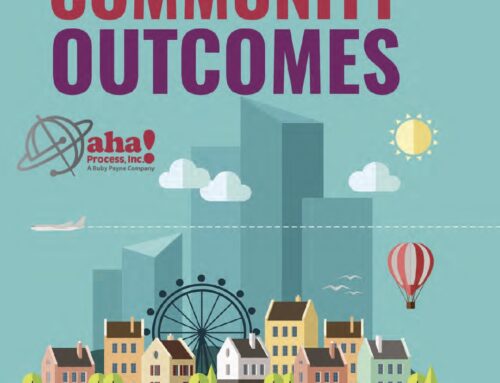 Sitting on the windowsill of my mother’s low-income apartment, I prayed my father would not fail to show up again. Tears poured down my cheeks. Confusion and anger set in, starting decades of chaos. How did I fail my father? What could I do to gain his love? It took decades, but out of that sense of failure and the ensuing chaos, I found a path to success.
Sitting on the windowsill of my mother’s low-income apartment, I prayed my father would not fail to show up again. Tears poured down my cheeks. Confusion and anger set in, starting decades of chaos. How did I fail my father? What could I do to gain his love? It took decades, but out of that sense of failure and the ensuing chaos, I found a path to success.
Failure is the fertile soil of success. We need not be afraid of acting because of having failed, nor of the chaos that failure may create. Chaos is full of possibilities for the realization of opportunities arising therefrom. Both failure and chaos require us to be brave despite being afraid. Just as importantly, we need to embrace a willingness to forgive yourselves.
As working families struggle with the inequities of a system designed to hold them back—with, for instance, the benefits cliff, redlining, and other institutional barriers—we should help families understand they have the power to choose. We can remind them: They don’t need anyone’s permission to be successful, to be their authentic selves, and to be pathfinders for their children’s success.
We can guide our neighbors less fortunate than ourselves to a path that will help them thrive, not just survive! What are the mileposts on this path?
- Keeping families together
- Ensuring mothers get prenatal healthcare
- Helping fathers learn about their role in prenatal care
- Early childhood education
- Quality and equitable grade school, higher education, and trade school opportunities
- Education and workforce development for the parents
- Wage and income growth opportunities
- Enhanced entrepreneurial training and prospects
- Creating and sharing social capital
These are but a few of the rungs on the ladder of social mobility. Awareness of resources, and access to said resources, can determine how successful a family can become when they overcome these hurdles and other institutional barriers. As these families climb the ladder, they must own the outcomes of their decisions or indecisions just as the community as whole must own the societal barriers it has imposed as a result of centuries of disparate treatment based on race, gender, and social standing.
Thus I am encouraged by the work of the City of Charlotte and Mecklenburg County in supporting the efforts of Charlotte Family Housing (CFH) and other nonprofits engaged in empowering working families’ drive toward self-sufficiency. Because of that support, we have served 974 families and 2,148 children since 2012. In the fiscal year 2018–2019, CFH empowered 669 individuals in 207 families, including 432 children.
The community CFH serves is diverse. According to our most recent demographic data for our last fiscal year, 77% of those we helped were children or young adults attending high school. African Americans comprised 93% of the people we assisted, 4% were Caucasian, and 3% identified with two or more races. Less than 1% of the families we served were Hispanic or Asian. Women comprised 95% of the clients we served, and more than 30% reported that they’d experienced at least one episode of domestic violence within the last 12 months. Two percent of our clients were veterans.
Additionally, according to our most recent client surveys for the fiscal year 2018–2019:
- 84% of families exited the housing phase into stable, sustainable, and unsubsidized permanent housing.
- 98% of families sustained housing for at least two years after completing the CFH program.
Charlotte Family Housing’s mission is to empower families to achieve lifelong self-sufficiency through shelter, housing, supportive services, and advocacy. When we stand against the winds of chaos and failure, we remove barriers and help families continue up the ladder of social mobility.
#CourageousEquity
Pedro Perez, executive director of Charlotte Family Housing, is committed to social justice and equity. He helps people in poverty gain access to education, sustainable employment, and entrepreneurial opportunities, exemplifying his commitment to equity and social justice. Dedicated to helping those living in poverty, Pedro strives to ensure diversity and inclusion are priorities for every organization with which he works. He rose to the rank of brigadier general in the New York State Police and served as acting superintendent during Governor Spitzer’s and Governor Paterson’s administrations. Pedro made New York State Police history by becoming the highest-ranking Afro-Caribbean Taíno Indian. Throughout his nearly 30-year tenure with this statewide policing agency, he advocated assertively and helped actualize for greater inclusion of minority men and women within its ranks.








